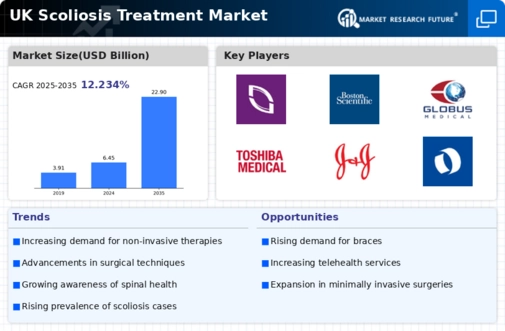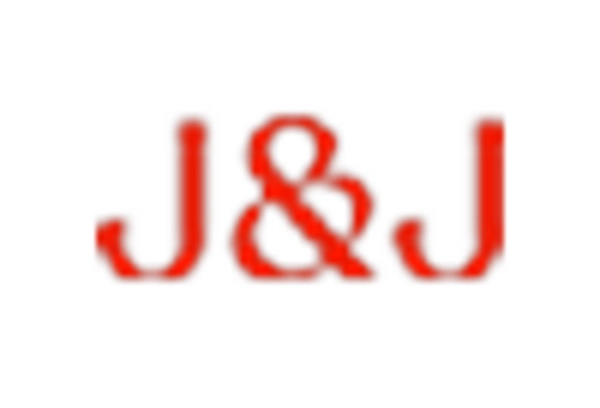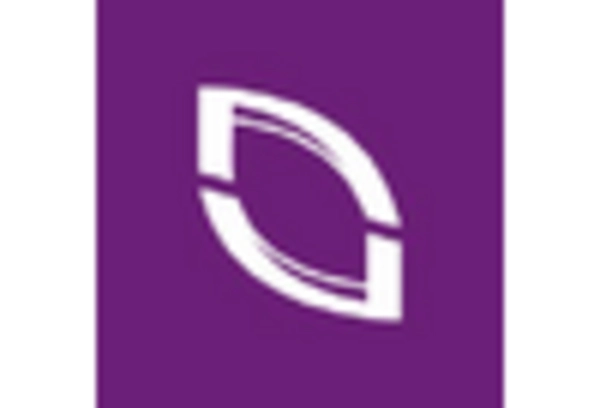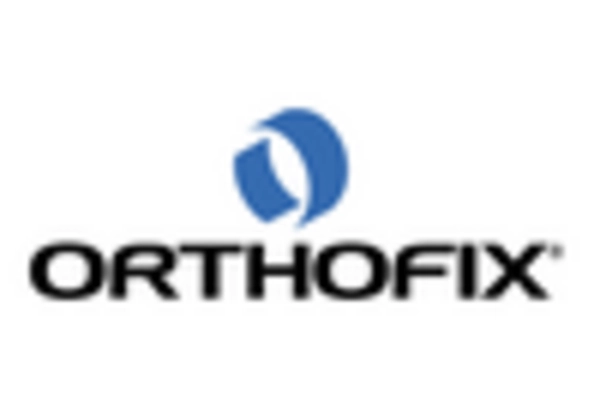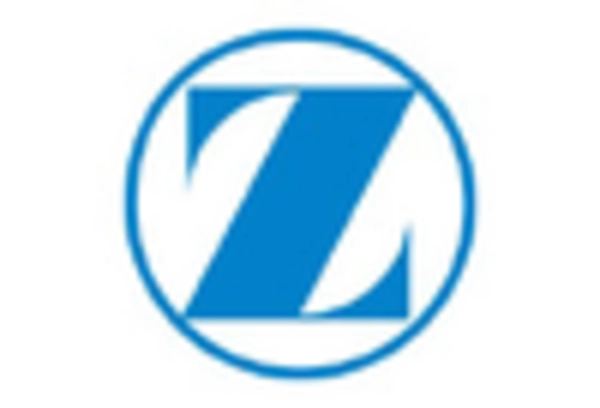Rising Incidence of Scoliosis
The increasing incidence of scoliosis in the UK is a notable driver for the scoliosis treatment market. Recent studies indicate that the prevalence of scoliosis among adolescents is on the rise, with estimates suggesting that around 1 in 200 children may require treatment. This trend is attributed to various factors, including genetic predisposition and lifestyle changes. As more individuals are diagnosed with scoliosis, the demand for effective treatment options, such as physical therapy, bracing, and surgical interventions, is likely to increase. This surge in patient numbers may prompt healthcare providers to expand their services and invest in new treatment modalities, thereby contributing to the growth of the scoliosis treatment market.
Increasing Awareness of Scoliosis
The growing awareness of scoliosis among the general public and healthcare professionals is a crucial driver for the scoliosis treatment market. Educational campaigns and initiatives by health organizations have led to improved recognition of the condition, which affects approximately 2-3% of the population in the UK. This heightened awareness encourages early diagnosis and treatment, potentially reducing the severity of the condition. As more individuals seek medical advice upon noticing symptoms, the demand for various treatment options, including bracing and surgical interventions, is likely to rise. Consequently, this trend may lead to an expansion of the scoliosis treatment market, as healthcare providers adapt to meet the increasing needs of patients seeking effective management solutions.
Government Initiatives and Funding
Government initiatives aimed at improving healthcare access and funding for scoliosis treatment are significant drivers for the scoliosis treatment market. The UK government has implemented various programs to enhance the quality of care for patients with musculoskeletal disorders, including scoliosis. Increased funding for research and treatment options has led to the development of new therapies and improved patient management strategies. Additionally, public health campaigns focused on early detection and intervention are likely to encourage more individuals to seek treatment. As a result, the scoliosis treatment market may benefit from these initiatives, as they facilitate better access to care and promote advancements in treatment methodologies.
Technological Innovations in Treatment
Technological advancements play a pivotal role in shaping the scoliosis treatment market. Innovations such as 3D imaging and computer-assisted surgical techniques enhance the precision of diagnosis and treatment planning. For instance, the introduction of minimally invasive surgical options has shown promising results, reducing recovery times and improving patient outcomes. The market for scoliosis treatment is projected to grow as these technologies become more widely adopted in clinical settings. Furthermore, the integration of advanced materials in braces and supports has improved comfort and effectiveness, appealing to a broader patient demographic. As technology continues to evolve, it is expected that the scoliosis treatment market will experience significant growth driven by these innovations.
Growing Demand for Personalized Treatment Plans
The trend towards personalized medicine is influencing the scoliosis treatment market significantly. Patients are increasingly seeking tailored treatment plans that consider their unique conditions, preferences, and lifestyles. This shift is prompting healthcare providers to adopt a more individualized approach to scoliosis management, incorporating factors such as age, severity of curvature, and overall health. The demand for customized treatment options, including specific types of braces and targeted physical therapy, is likely to grow as patients become more informed and involved in their care. Consequently, this trend may drive innovation within the scoliosis treatment market, as providers strive to meet the diverse needs of their patient populations.


